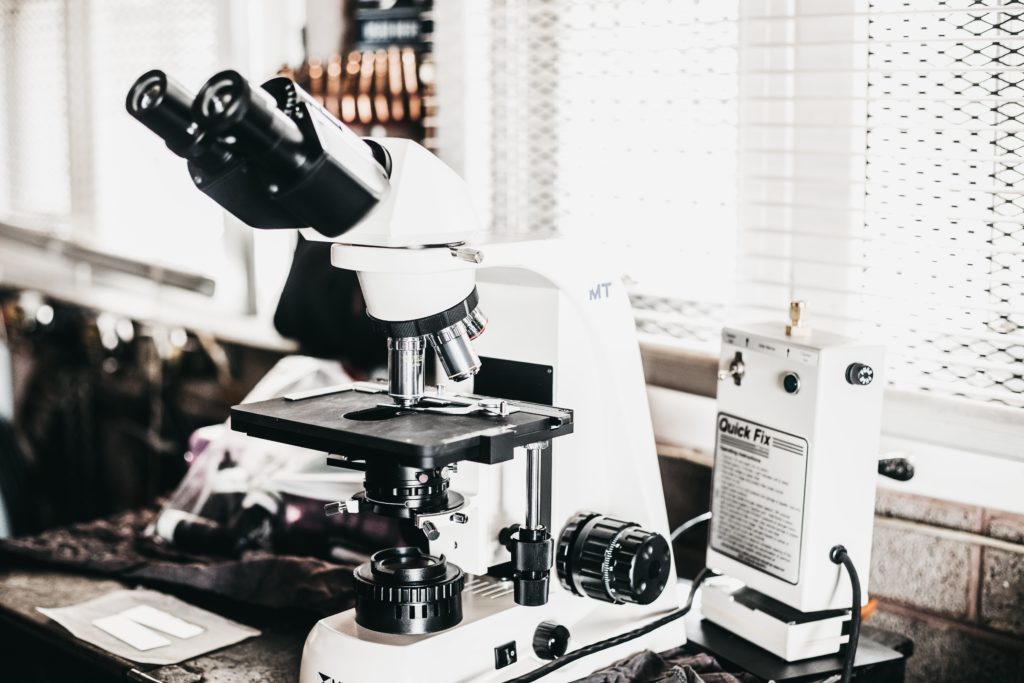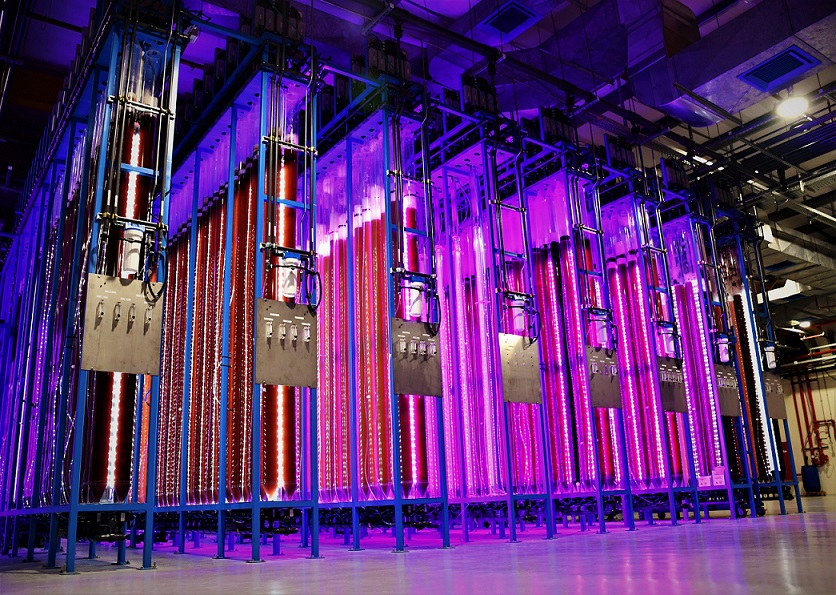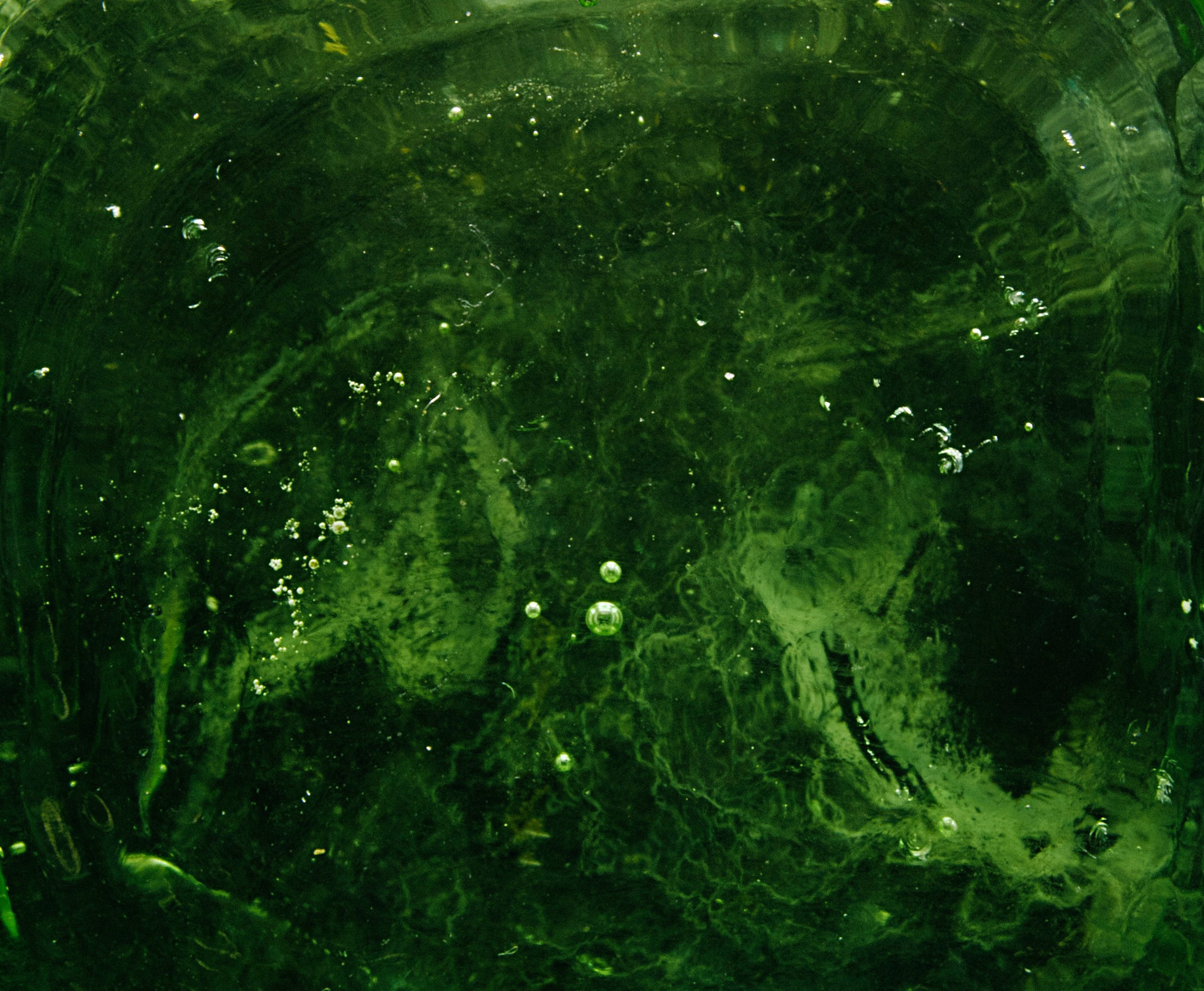3 Mins Read
Australian startup Provectus Algae has secured funding to commercialise its high-value marine ingredients. The pre-Series A round was led by Hitachi Ventures and Vectr Ventures. Supplementary support came from Possible Ventures, Acequia Capital, amongst others. Previous seed funding totalled $3.25 million, also led by Vectr. New funds will be used to complete a larger production facility and bring products to market in 2022.
Provectus Algae produces a portfolio of algae-based ingredients that can be used across a variety of platforms. Alternative protein and bioplastics have previously been cited as two promising sectors. Particular attention is being to specialty food ingredients including colourings, flavourings, and binding agents. A blood-red colouring is set to be the primary product release.

Supporting wider innovation
Algae-based ingredients offer supply chain solutions for the entire biomanufacturing industry. Rather than being competitive, Provectus Algae claim to be complementary to fellow innovators, especially those within the fermentation sector.
Having leveraged a 20,000 litre pilot production facility to prove its conception, the company is now in a position to scale for commercial production. A 200,000 litre plant is already being built and the new investment will speed up progress significantly. The location will house the tech systems that have allowed the company to move quickly. Provectus Algae founder and CEO Nusqe Spanton told FoodNavigator-USA: “There’s a huge amount of software ad hardware that goes behind those systems to make them a completely automated, cloud-enabled platform that we can run and manage from anywhere in the world.”
He added that the company is able to scan thousands of species of algae to determine their composition. From here, fast selection and scaling can occur, without ever adapting the hard or software in place.
The pilot plant proved that Provectus Alage’s system is fully scalable and modular. The larger facility will allow for production of a red colouring agent to be increased exponentially. This will help meet demand for specialty ingredients in the alternative protein arena. “There are limited products that can supply the market with high-performance blood-red colouring,” Spanton acknowledged.
Hitachi Ventures being an investor will prove useful in more ways than one. The company is able to bring sustainable production technology plus manufacturing facility experience to the table. Both will accelerate Provectus Algae’s capabilities.

Algae at the forefront
Algae development is experiencing a moment. Earlier this month, Israel’s Yemoja announced that it is perfecting red microalgae that will allow cultivated meat to bleed. A happy but accidental discovery, the finished product will be a 100 percent plant-based alternative to heme. It will be marketed to the cultivated meat sector, which Israel is fully immersed in thanks to domestic brand Future Meat.
Over in France, startup Algama Foods recently secured a €2 million grant to continue development and prepare for scaling of its algae-based vegan seafood. It has already brought dairy-free milk and vegan mayonnaise to market under subsidiary brands. Seafood Algternative will be the company-s fourth brand spin-off. Initial product releases will be smoked salmon and tuna flakes.
Algae is even being used to create vegan cheese. Sophie’s Bionutrients, in partnership with U.S.-based Ingredion, has developed a B12-rich cheese product. Microalgae form the base of the product and offer the same tang and melting properties as conventional dairy blocks.
Lead Image courtesy of Unsplash.




